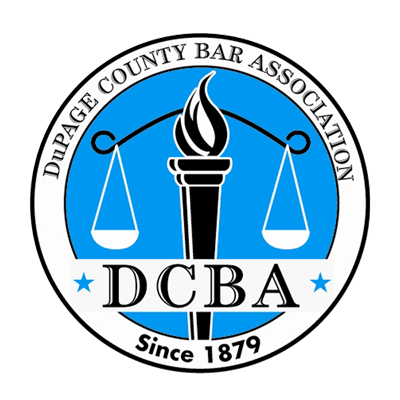
Whether due to mechanical failure or human error, aviation accidents – though rare – do happen. Statistics from the National Transportation Safety Board report that these tragic events are becoming more common. In 2018, “some 393 people were killed in civil aviation accidents in the United States…up 13 percent from the 347 killed the previous year.”
However, since these types of incidents are less common than other vehicular tragedies, the path to recovery afterward is often less clear. If you or a loved one has experienced an aviation accident, you may wonder how to work towards compensation and care for your family.
The Common Causes of Aviation Accidents
Air travel has become such a normalized part of modern society that we often forget just how complex it can be. Flying safely depends upon intricate machinery working flawlessly under rigorous and extreme circumstances. When a plane crash goes badly, the effects tend to be far more severe than a car crash. The stakes are (literally) heightened.
The definition of an aviation accident is specific. According to Annex 13 of the Convention on International Civil Aviation, “an aviation accident occurs any time a person is seriously injured or dies on an aircraft between the time of boarding and disembarking or when the aircraft is missing.” To break down the specific types of aviation accidents, the Federal Aviation Administration (or FAA) has proposed many accident groupings, the most common being:
• Loss of Control Inflight
• Controlled Flight Into Terrain
• System Component Failure
• Fuel Related Incident
Further, the FAA identifies accident themes that often underlie catastrophic crashes. These themes include:
• Flawed assumptions
• Organizational lapses
• Human error
• Unintended effects
• Pre-existing failures
Analysis of the aviation accident may reveal one of these causes or themes. This information can help define any legal avenues for recouping costs that you pursue.
Navigating the Ins and Outs of Plane Crash Claims
Aviation accidents can involve a variety of airborne crafts, including:
• Helicopters
• Corporate Jets
• Commercial Airlines
• Charter Planes
• Private Planes
• Small Planes
Each of these types of aircraft will have its own particular statistics, analyses, and part specifications to review to determine fault for the crash.
A report that Boeing released reported that 80% of aviation accidents are due to human error. This may present a clear-cut route to determining fault. However, other types of negligence may also play a part (e.g., oversights with vehicle maintenance). On crafts large and small, any member of the flight crew, service employees, manufacturers of aircraft parts, maintenance staff, or even air traffic controllers could also have responsibility for what happened.
Due to the heavily-documented nature of aviation, there may be a lot of specialized evidence at your disposal to review after the incident. These may include flight plans, voice recorders from the cockpit, maintenance reports, designs from manufacturers, and more. Once your team has analyzed and interpreted this information, you can begin to form a case to protect your interests.
You may also have complicated questions regarding fair compensation for your suffering. For example, if you survived a helicopter or airplane crash and are now disabled, you might be able to fight for lost wages, damages, or costs related to your healthcare.
All of these possibilities can be overwhelming to comb through. If you’re able to find experienced Illinois attorneys who are already familiar with the jargon of the aviation world, you’ll have a step up in working towards a favorable outcome.
What a Clever Legal Team Can Offer You
For over 30 years, the Cullotta Bravo Group has tirelessly fought for clients in the Chicagoland area. We prevent damaging mistakes, represent clients aggressively, and ultimately help the victims of aircraft accidents get the settlements and compensation they deserve. Whether you or a loved one suffered harm due to an aviation accident, we will work hard to prepare an ironclad case for your best outcome.
What’s more, we handle all of our cases on a contingent fee basis, assessing fees after you have received compensation. If we are unable to help you reach a settlement, you will not owe us any fees. Don’t let your aviation accident drain your savings or impact your future. Contact us today at 630-898-7800 to schedule your free initial consultation.





